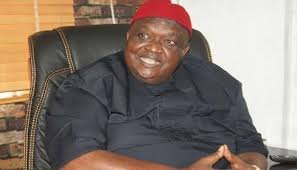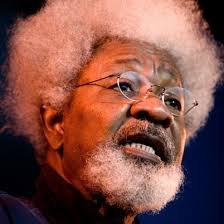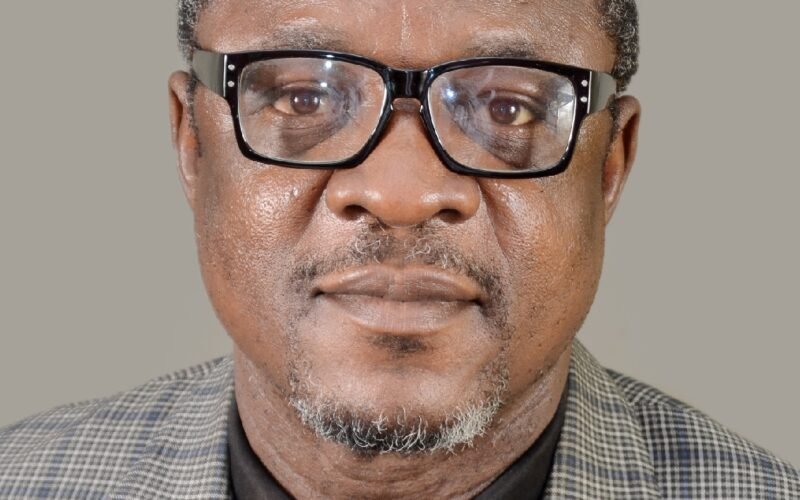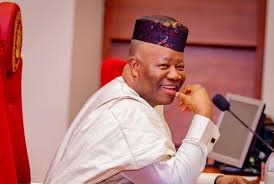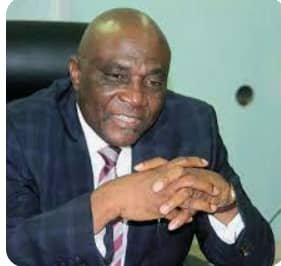By SHEDDY OZOENE
On Saturday 27th May, 2023, two days before his inauguration as Enugu State governor, I spent about 20 minutes with Dr. Peter Mbah. We discussed several issues but it finally crystallized around his vision for Enugu State. For a man on the cusp of history, his calmness was notable while the general ambience of his Zoo Estate home was rather tranquil. The flurry of activities was there alright but they were more organized than you would find elsewhere in such circumstances. It portrayed to me a man who had depth and focus.
At a point in our discussion, I told him that one of his campaign promises that resonates with NdiEnugu was the promise to deliver water to the state capital. Since all the former governors made the same promise without delivering on it, it would count hugely for him even if that’s all he would do in his first term.
Why then did he shackle himself with a seemingly impossible 180-day deadline?
His response was reassuring: he would not only deliver on the promise, he was already considering alternatives for the hundreds of water tanker drivers who would be displaced and the many others in Kenyatta market who sell storage tanks. “Nobody will need them by December this year” he said matter-of-factly. The can-do spirit belied his seemingly frail frame and I left him that Saturday convinced that his tenure as governor will substantially rewrite the history of the state.
Just yesterday, the 180 days came and he delivered resoundingly on that promise. It may not be the endpoint in what water supply to a city like Enugu should be, but Governor Peter Mbah’s initiative to address water scarcity in the state capital has reached an important milestone.
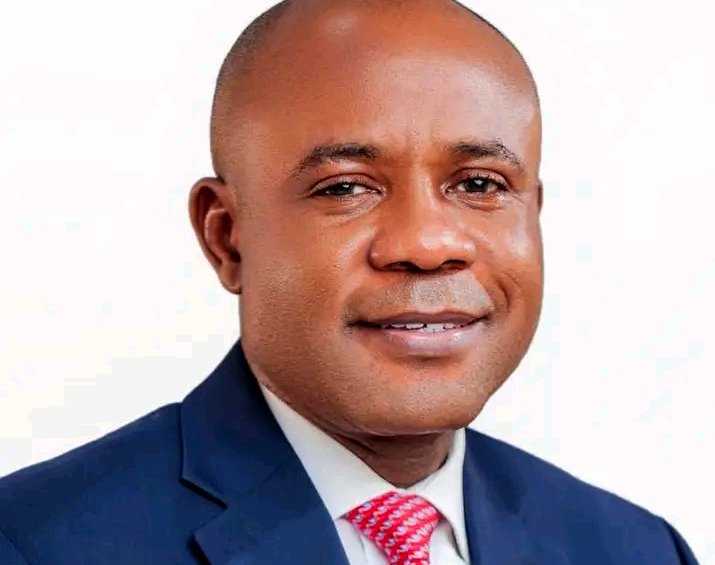
Gov Peter Mbah
With a target-driven approach to governance, a carry-over from his enviable private-sector experience, Mbah has proved he was prepared to take on the big issues and prevail against them. His administration has an ambitious vision for the state as a destination for business and tourism and it projects to take the economy from the present $4.4 billion to $30 billion in four years through private sector investments. Central to realizing that objective is that water which is basic to life and living, is made abundantly available.
It all sounded unrealistic, considering the existing state of the state’s infrastructure. For a state that had become accustomed to sedentary governance in recent years, it was a height seemingly beyond reach, especially in the water supply area that could hardly deliver 5 million liters to the state capital at the time. But the government’s decision to prioritise water supply is understandable for the twin purpose of addressing the peoples pressing need and further easing the cost of doing business. But that’s just a starting point as Mbah was launching simultaneously in other sectors.
The administration’s request for N170 billion in facilities from Fidelity Bank and Globus Bank nearly brought the roof down with all sorts of insinuations. The uproar was understandable in a state where the request for a mere N11 billion loan by Governor Sullivan Chime in 2015 was resisted. This time, even with inflation at an all-time high, N170 billion sounded humongous – even outrageous – until the government broke it down to bits and pieces. It has since become clear that it was the only way to catalyze the government’s massive investment in infrastructural development that are factors in the state’s economic growth plan.
Apart from the ongoing construction of the New Enugu City which is expected to cover 10 hectres of land across four Local Government Areas with 17km dual carriageways, as many as 71 urban roads are either being newly constructed or rehabilitated.
While the New City project will boast a dedicated power project and central sewage system, the ongoing urban road works will form part of the 10,000 kilometres of road his administration projects for the next eight years. There is also the construction of a 40 klm Owo-Ubahu-Amankanu-Neke-Ikem dual carriageway, a big initiative to open up the rural economies and create a gateway, direct from the state capital to the North Central region.
As expected, Peter Mbah draws heavily from his private sector experience to take on the big issues in the state. If one takes into account the petition against his election which he had to battle simultaneously in the law courts, it becomes easy to conclude that his performance in the past six months is, indeed, far above average. However, the provision of water, marked by the commissioning of water projects at designated locations yesterday, takes the biggest prize.
Not every household in Enugu may be able to turn the taps yet, but there are nearly a hundred public stands across the city where residents can downsteet to fetch water while the house-to-house connections continue. Understandably, the test-run of the facilities these past weeks have revealed that very many of the existing pipes are broken or weak and unable to withstand the pressure of the new installations.
In just 180 days, Mbah broke the jinx of water supply in Enugu city. The daily water production has risen from the old 20 million liters that existed more on paper than in reality, to 70 million litres, with a promise to hit a daily supply of 120 million litres within the next few weeks when the 50 million-litre capacity Oji water project comes on stream. That would far exceed the daily water need of the state capital.
With the shift in paradigm, certain conditions must be maintained, among which are the safeguard of the equipment and the responsibility of the citizens to fulfill their part by paying the tariffs. These will not only make the supply sustainable in the long run, it will help surmount the challenges of reaching areas that have since developed in the state capital but which are not connected to the existing grid. The good news is, while reticulation was prioritised to public institutions, distribution to the general public will ultimately involve the installation of water meters.
In spite of the landmark, it is noteworthy that Governor Mbah is not resting on his oars. According to him, the state government is in the process of expanding the mainstream delivery channels to Enugu metropolis by installing a second pipeline to take water from Ninth Mile to the twin towers expected to spring up in the New City. Work on the second phase of borehole construction will soon commence at Ninth Mile to deliver another 16 boreholes and additional water. To handle the increased yield, the administration intends to boost the power availability at the water scheme to at least 4.4MW.
While the government continues to work tirelessly to overcome the challenges of expansion in a state with difficult topography and unique geological characteristics, he appears resolved in his dedication to ensuring that every resident of Enugu State has access to a sustainable and clean water supply. This investment in infrastructure not only improves the overall reliability of the water supply but also ensures that the quality of the water meets the required standards for sanitation and consumption.
Mbah has laced the past 6 months with alluring soundbites on what the state’s new development trajectory looks like. In this morning of his new administration, they would now sound more believable. It is indeed a defining moment in his administration that he delivered on the singular promise to break the water supply jinx in Enugu in just 180 days. As they say in Nsude, the morning shows the day; the hope of a general transformation of the state during his tenure as governor, now looks more realistic.
Sheddy Ozoene, Editor-in-Chief of People&Politics, is the Vice President of the Nigerian Guild of Editors



